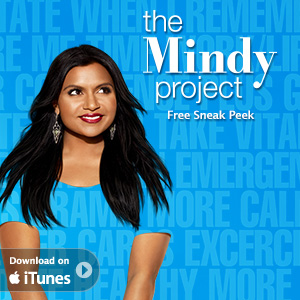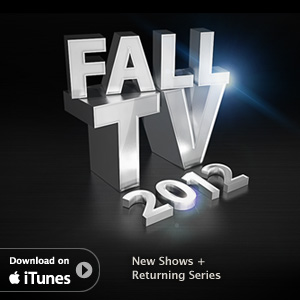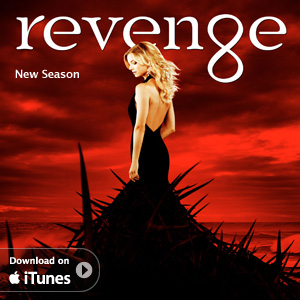

NEW YORK -- The best that can be said about back-to-back days of negotiations between the NHL and the locked out players' association is that the sides are still talking and making more plans to meet yet again.
While core economic issues still weren't on the agenda Saturday when the opposing groups got together again at the NHL office, dialogue continued on secondary topics that will ultimately go toward forming a new collective bargaining agreement.
NHL Players' Association head Donald Fehr and NHL Commissioner Gary Bettman held a second round of private talks Saturday in an effort to move closer to an agreement that would end the ongoing lockout.
While negotiating teams from the union and the league discussed definitions of what makes up hockey-related revenue -- the pool of money the sides are trying to figure out how to split up -- Fehr and Bettman talked about the differences that are keeping the sides apart.
"I spent a few minutes with Gary talking about the overall situation, and we agreed to keep in touch," Fehr said Saturday. "I am sure we will talk again (Sunday). I don't know whether will meet again (Sunday). That remains to be seen.
"I am not going to talk about the specifics, but in general we're trying to discuss how do we find a way to make an agreement. How do we bridge the gap on the major issues that are between us."
The sides met for about four hours before finishing Saturday, and they agreed to meet again on Sunday. The agenda likely will include discussions on health and safety issues -- a topic that made up a chunk of Friday's talks -- and miscellaneous legal things, such as grievances, game tickets and other topics.
Clarifications as to what will fall under the umbrella of hockey-related revenue going forward in the next agreement dominated discussions Saturday. No concrete resolutions were made, and the topic could be revisited on Sunday.
"I am not sure if we have identified discrepancies," NHL Deputy Commissioner Bill Daly said. "I think the nature of what we were trying to do today was to create certainty on interpretations we've had over seven years of this CBA operation.
"These meetings are necessary but they have been described as the underbrush, and certainly they aren't the main issues that need to be tackled to get a deal."
The sides talked for a second straight day on matters separate from the core economic issues that ultimately will have to be hammered out. In the recently expired collective bargaining agreement between the league and the union, the players received a 57 per cent share of hockey-related revenue.
The NHL wants to cut the number down to under 50 per cent in the new deal. The league imposed a lockout on Sept. 16, when the previous agreement ran out, and the sides didn't meet again until Friday.
"Their position on the big stuff has been that a major move consists of changing the players' share from a reduction of 24 per cent to 17 1/2 per cent," Fehr said. "Our initial proposal made a move in their direction. We have amplified that by giving them several different ideas to consider about how to lengthen the agreement to how to be more in line with what they wanted."
Fehr said discussing what exactly makes up hockey-related revenue is significant, because that will determine how much money is there to be divided.
"Today was mainly on HRR issues: definitions, clarifications and so forth," NHL Players' Association special counsel Steve Fehr said. "We had a frank exchange of views. We each expressed our positions in terms of some potential changes and how we thought the current agreement was working."
He wasn't ready to call Saturday's meeting a reason for optimism yet.
"It's a positive thing that we are talking when we weren't talking for some time," he said. "We could be talking about other things, so I'm not sure I'd go there.
"We're continuing the dialogue. It's very much an up-and-down process, so it's hard to say. It's good that we're talking and we're going to talk again tomorrow, hopefully for quite a while."
Some progress was made on Friday on secondary issues related to player safety and drug testing, areas that weren't expected to be contentious. The league and union held two sessions then that totalled about five hours and included an initial meeting between Bettman and Fehr.
At least they got back to talking -- which hadn't happened since a few days before the NHL locked out its players.
All of the issues, big and small, must be ironed out before hockey can get out of the board room and back on the ice. So while the divisive topics still need to be tackled, the smaller ones have to be worked on, too.
The sides still aren't moving closer to a compromise while they talk about other issues.
And that is where the frustration lies. The NHL is waiting for the players' association to make a counterproposal to one the league made in the previous bargaining session more than two weeks ago.
The NHL contends it has stated its position and needs the players' association to make what the league would consider a meaningful counter.
"The whole process is a bit complicated when you're trying to define revenue streams and what should be in and what should be out (of hockey-related revenue)," Steve Fehr said. "It's a bit complicated between the fact that their most recent economic offer says they will go back to the current definitions, yet they are seeking some changes or clarifications in what the current definitions are."
Monetary issues are not expected to come up for discussion in this round of talks. Neither side has indicated it is prepared to make a new offer now regarding how to split up the more than $3 billion annual pot of hockey-related revenue.
Saturday's talks came two days after the league cancelled the remaining preseason games. The regular season is scheduled to start on Oct. 11.
If a deal isn't reached soon, regular-season games will be in danger of being lost. The NHL cancelled the entire 2004-05 season because of a lockout that eventually led to the collective bargaining agreement that expired this month.
Entertainment Plaza - TV, Movies, Sports, Music
http://members.shaw.ca/almosthuman99
Babe Of The Month
http://members.shaw.ca/almosthuman99/babeofthemonth.html
Hunk Of The Month
http://members.shaw.ca/almosthuman99/babeofthemonthman.html


No comments:
Post a Comment